In 1938, in a small town in Upper Austria, one of the many Nazi concentration camps was constructed. It was known as the Mauthausen concentration camp. It existed from 1938 to 1945. The camp was run and guarded by the SS. The people who were imprisoned here came from many countries in Europe: Poland, Russia, France, Italy, Germany, Austria and others. They were political opponents, belonged to marginalised groups (e.g. ‘criminals’, ‘asocials’) or were persecuted for anti-Semitic and racist reasons (e.g. Jews). Most of the prisoners were men, but there were also women and children. In the Mauthausen quarry, the prisoners carried out hard forced labour.
In the more than 40 subcamps (Gusen, Steyr, Linz, Ebensee, Vienna ...), they were deployed in the arms industry. People lived in overcrowded accommodation. They were not given enough food and clothing, and they starved and died of diseases. SS men beat many prisoners to death, shot them or murdered them in the gas chamber at Mauthausen. In total, almost 200,000 people were imprisoned at Mauthausen and its subcamps. Half of them lost their lives.
The Mauthausen concentration camp was on a hill and could be seen for miles around. Many people were involved with the camp: they worked there, brought deliveries or knew SS men. Almost everyone knew about the death camp. Often, the SS men committed the crimes in full view of the population. On 5 May 1945, the Mauthausen concentration camp was liberated by US troops.
Here you will read the story of a person who was connected with the Mauthausen concentration camp.
Johannes Grimm
Text: Wolfgang Fehrerberger – Illustration: Michael Car
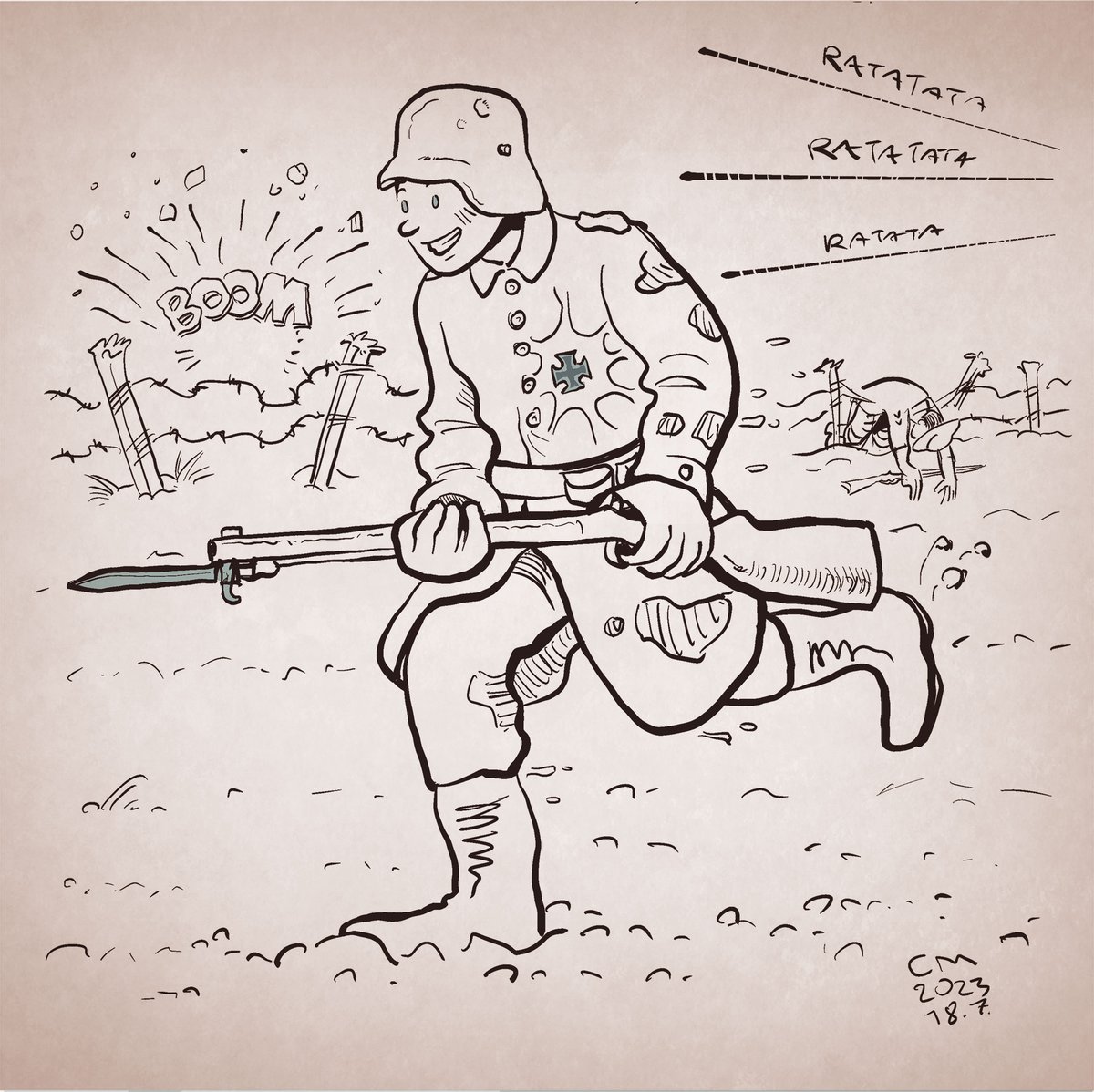
Johannes Grimm is born in 1897 in the German city of Chemnitz. He is the eldest son of Leonhard Grimm, a master butcher, and his wife Alma. After finishing school, Grimm does an apprenticeship in business and completes three years of business school.
In 1916, Johannes Grimm is called up for military service in the First World War. As a soldier, he receives a number of awards and decorations, including the Iron Cross.
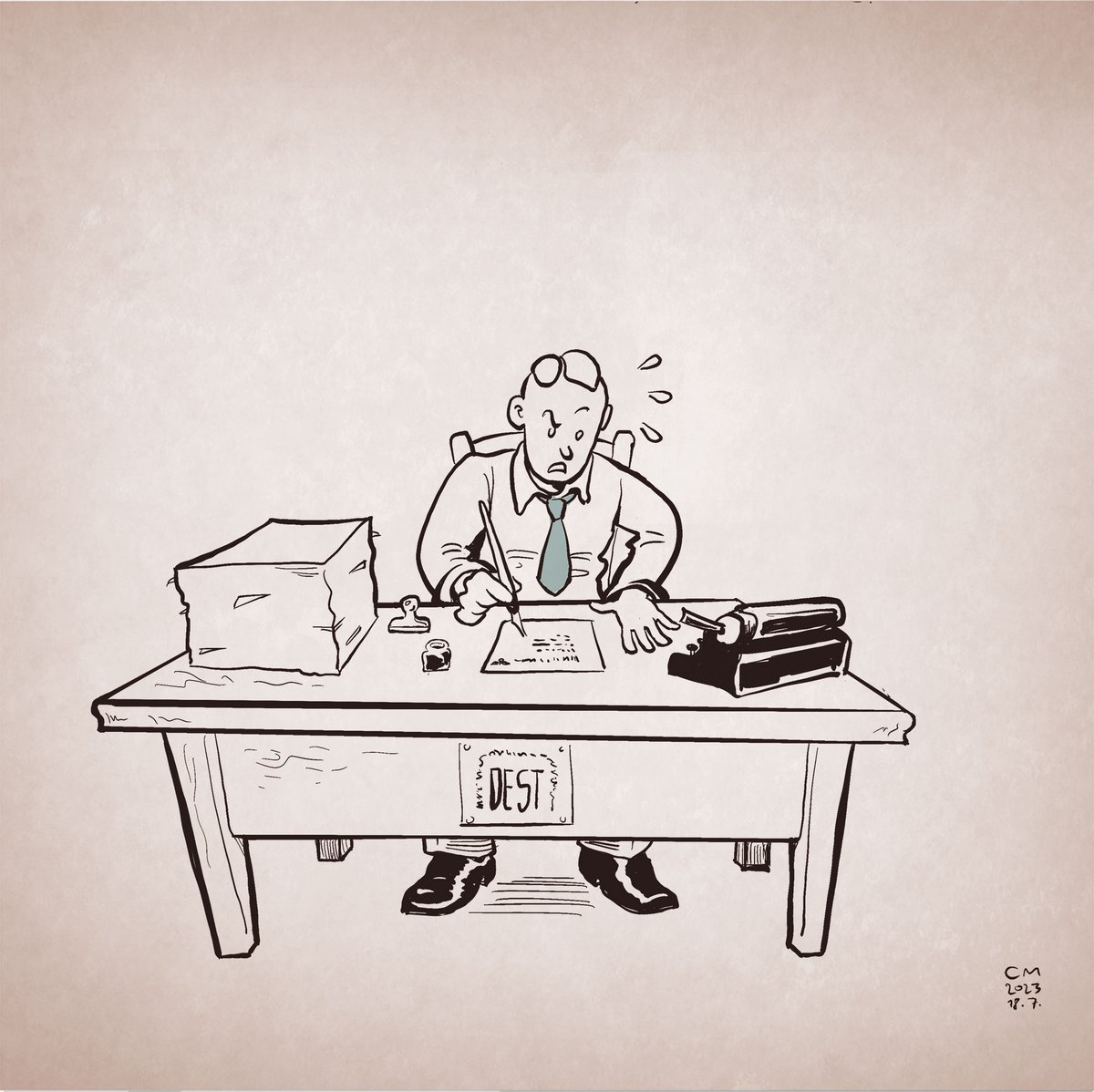
After his military career, Grimm returns to his work in business administration. Over the following years, he works very successfully for different companies. In 1927, Johannes Grimm marries Elsa Ulbricht. Eleven years later, their daughter Hannelore is born. Johannes Grimm works hard to further his career. Later, the former concentration camp inmate Kurt Kuhnert describes him as calculating, hot-tempered and adaptable.
In 1931, Grimm joins the National Socialist German Workers’ Party (NSDAP). His membership number is 115,638. In the following years, he is an extremely committed party member and holds many different positions. After the Nazis come to power in Germany in 1933, he has good contacts across the NSDAP. In 1940, he applies for a job at the SS-owned company Deutsche Erd- und Steinwerke (DEST). He joins the company and begins working in the office at the company’s main site in Berlin. Grimm is dissatisfied with his job because office work does not appeal to him.
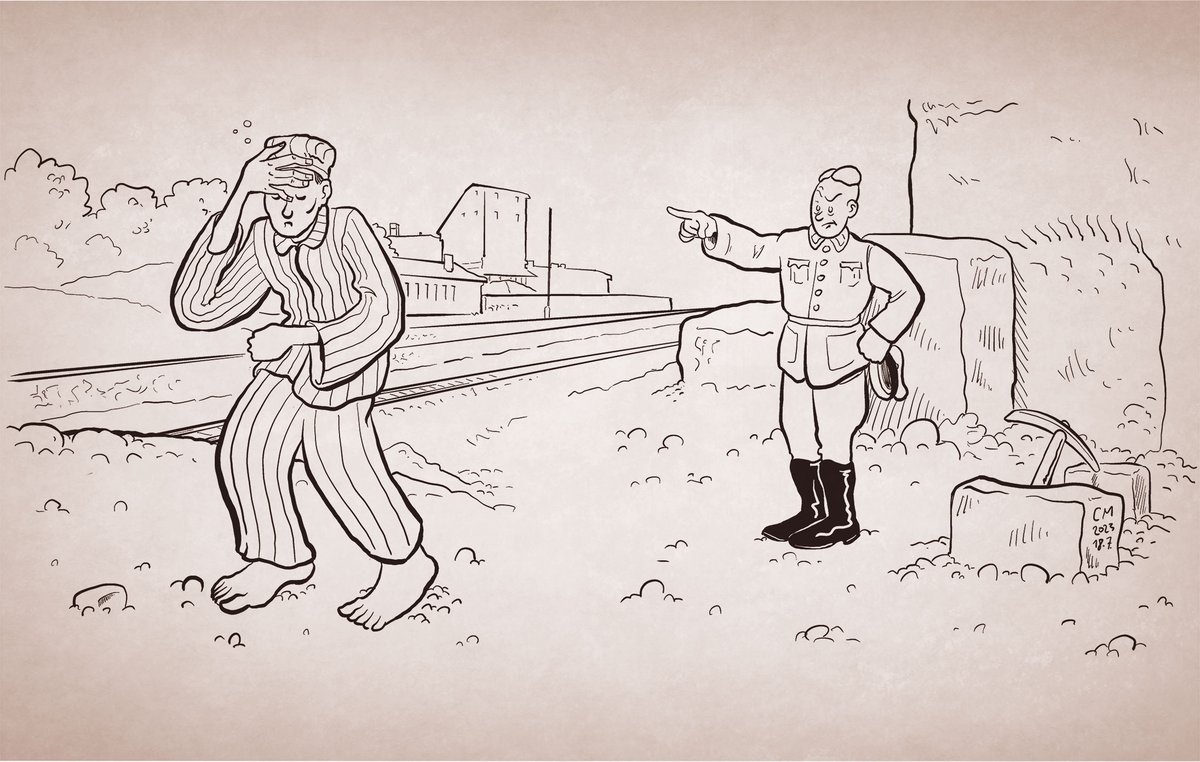
Eventually, in the spring of 1941, he is promoted to site manager of DEST at the Wiener Graben quarry. The Wiener Graben granite quarry is located directly below the Mauthausen concentration camp and is the reason why the camp was built there in 1938. DEST operates the quarry using the concentration camp prisoners as forced labourers. They have to perform hard labour in the granite quarry – they are undernourished, poorly equipped and subjected to constant mistreatment. Many of them die. The granite stones are used for the numerous large construction projects in Nazi Germany. Parts of the camp are also built with these stones.
Grimm says he is primarily interested in the business success of the company. In the first two years of his leadership, the value of production increases from 1.4 to 2.1 million Reichsmarks.
He accepts the suffering of the prisoners. To make progress in the quarry, Grimm needs strong prisoners who are able to work. He reports sick and incapacitated prisoners to the SS head of detachment, Hans Spatzenegger, knowing that they are useless to the SS and are usually murdered.
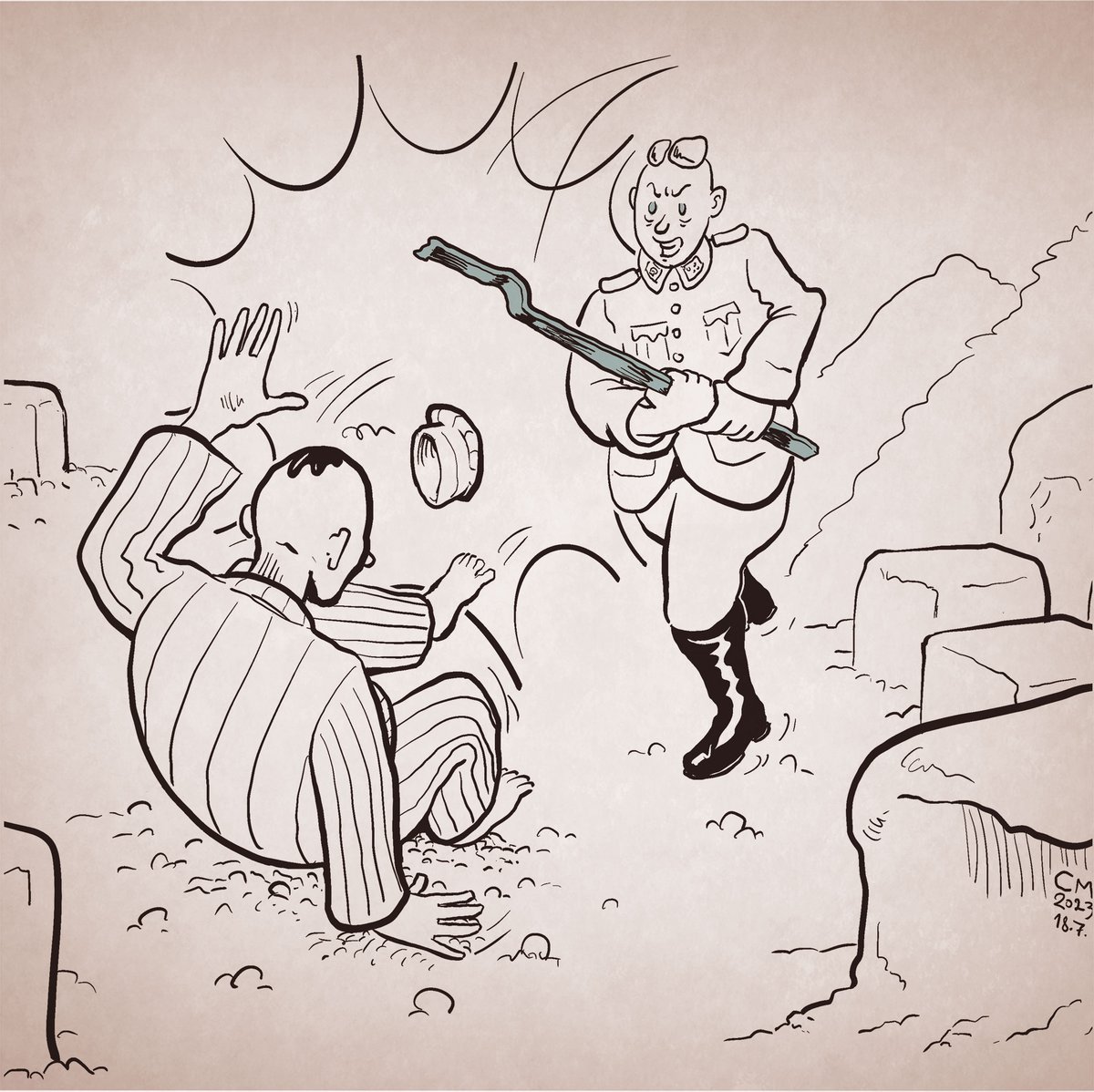
When questioned by American soldiers at the end of May 1945, the former prisoner Kurt Kuhnert says the following about Grimm: ‘He repeatedly had prisoners that were not working due to illness report to SS-Hauptscharführer (head squad leader) Spatzenegger, who committed multiple murders. The consequence of this was, of course, inhumane punishment.’
Grimm, who himself has been a member of the Waffen-SS since 1942, spends the end of the war in his villa near the Wiener Graben quarry. He is arrested there in mid-May 1945 by members of the US Army. During the interrogations that follow, he consistently maintains his innocence and tries to downplay his role.
Johannes Grimm’s deputy in the Wiener Graben quarry, Otto Drabek, says under questioning by American soldiers that thousands of prisoners of different nations have been killed in the quarry. But the site manager, Johannes Grimm, claims to have known nothing about it, even though he went in and out of the quarry every day. When questioned by the Americans, Grimm testifies that he had nothing to do with the SS or the camp: ‘I had no idea what was going on in the camp and did not concern myself with it, especially since I was only focused on operations.’
Grimm also stresses that he always treated the prisoners well. After his arrest, eight prisoners do indeed defend him. In a letter signed by them, it says: ‘We bring no charges against [Johannes Grimm], because he largely respected the human dignity of us prisoners.’
Other testimonies are less positive. Some inmates state that Grimm hit them with a shovel and, on several occasions, set the guards on inmates who took a short break. A former Polish prisoner watched Grimm beat a Jewish prisoner to death with an iron bar.
In 1946, Johannes Grimm is brought before a US military tribunal at the Dachau Mauthausen Trials and sentenced to death by hanging. The death sentence is carried out in Landsberg am Lech in 1947. Grimm’s last words are: ‘Heil Deutschland!’ (‘Hail Germany!’)
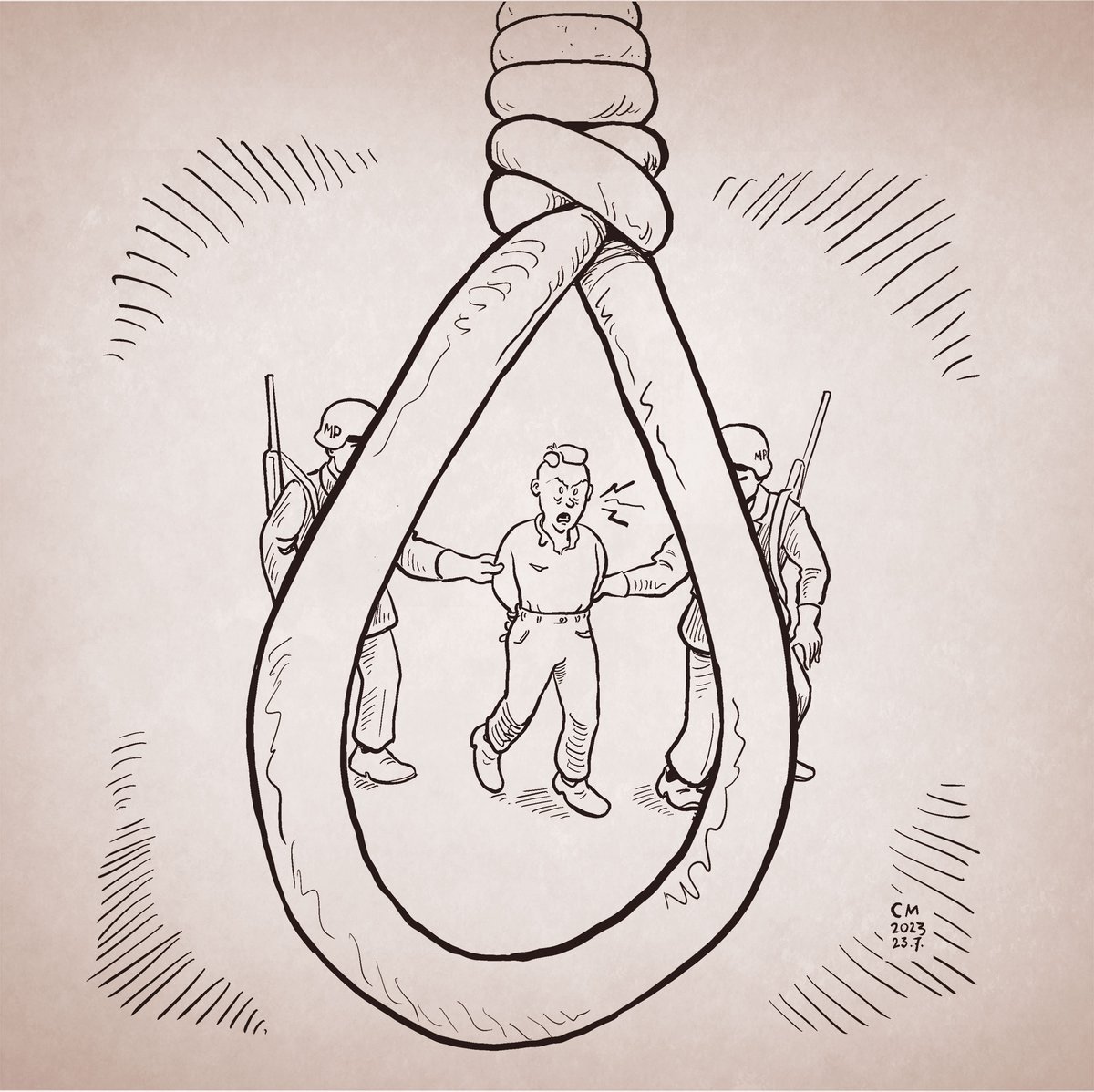
- 1897 Johannes Grimm is born in Chemnitz
- 1911 He starts an apprenticeship in business administration
- 1914 28 July – Start of the First World War
- 1916 Grimm is an office worker in business administration at various companies
- 1918 11 November – End of the First World War
- From 1919 Grimm is an office worker in business administration at various companies
- 1931 He joins the NSDAP
- 1933 30 January – Adolf Hitler becomes Reich Chancellor in Germany
- 1938 12 March – ‘Anschluss’ (‘Annexation’) of Austria to Nazi Germany
- 1939 1 September – Start of the Second World War
- 1940 Joins the SS company DEST
- 1941 Grimm becomes site manager of DEST at the Wiener Graben quarry near the Mauthausen concentration camp
- 1942 Grimm becomes a member of the Waffen-SS
- 1945 5 May – The Mauthausen concentration camp is liberated by the US Army
- 1945 8 May – Nazi Germany surrenders; end of the Second World War in Europe
- 1945 He is arrested by the US Army
- 1946 He is a defendant in the first Dachau Mauthausen trial and is sentenced to death
- 1947 Johannes Grimm is executed
Further reflection in groups...
Johannes Grimm works for DEST. Do an internet search to find out more about Deutsche Erd- und Steinwerke.
When you visit the Mauthausen Memorial, you will also see the Wiener Graben quarry and the ‘stairs of death’. Johannes Grimm is the site manager of the quarry in the Mauthausen concentration camp. Under his leadership, the SS’s profits go up.
Consider the impact of increased profits both on Johannes Grimm and on the prisoners.
You read that some prisoners defend Johannes Grimm. What could be the reasons for this?
How do you assess the role of Johannes Grimm in the Mauthausen concentration camp?